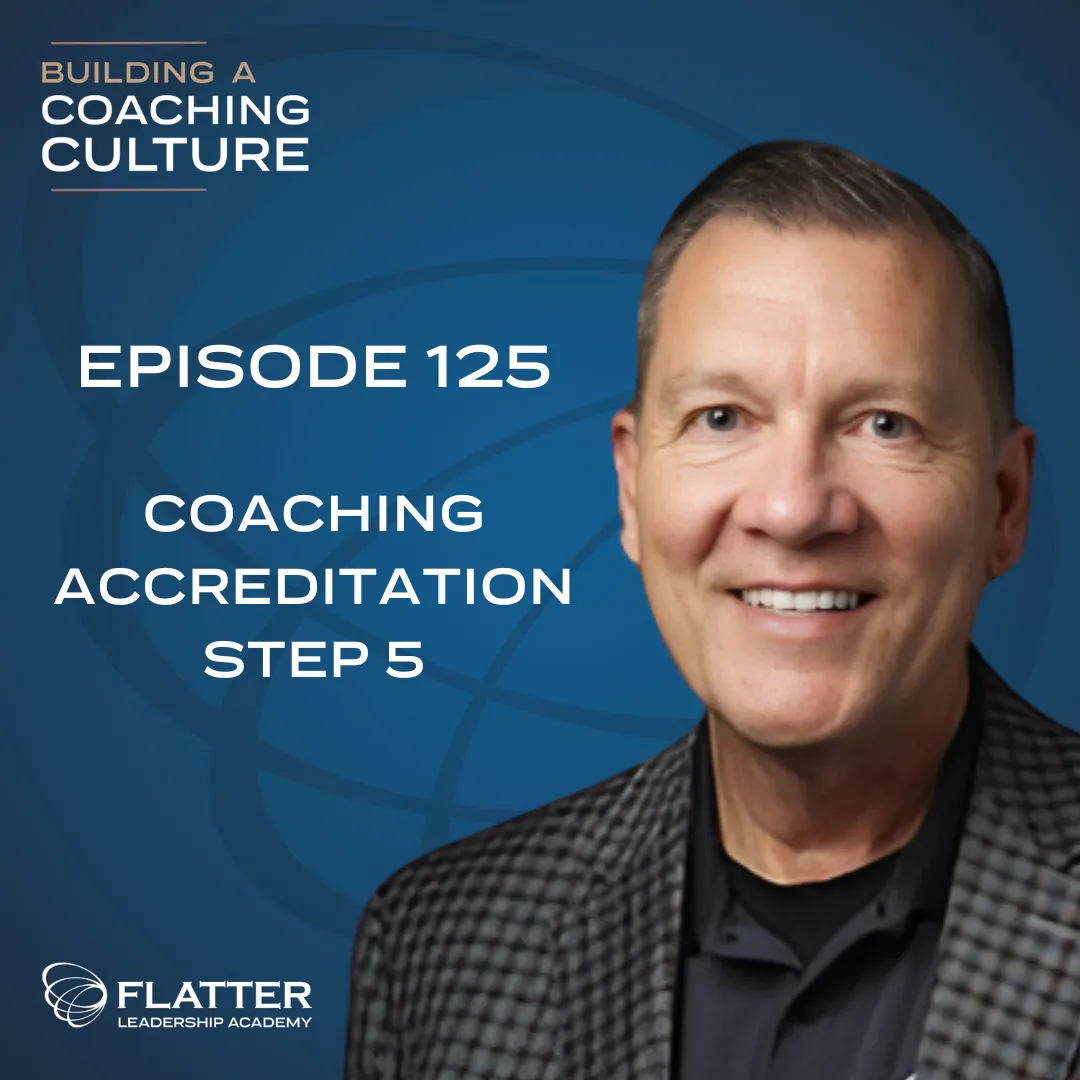In this step-5 series on obtaining ICF coaching accreditation, hosts J.R. and Lucas Flatter dive deep into the ICF coaching exam. They break down the exam's structure, content, and what candidates can expect.
Key points include:
- The exam's role in meeting international accreditation standards
- Its format as a multiple-choice test focused on core competencies, ethics, and coaching values
- Tips for preparation, emphasizing understanding over memorization
- The benefits of going through an accredited program vs. the portfolio path
Whether you're a aspiring coach or looking to upgrade your credentials, this episode provides valuable information to help you confidently approach the ICF exam. The hosts also discuss resources available through ICF and their own program to support your journey to certification.
Building a Coaching Culture is presented by Two Roads Leadership
Produced, edited, and published by Make More Media
Episode Links
J.R. Flatter
Founder of Two Roads Leadership
Lucas Flatter
Resources
2RL 4 day Coach Certification Bootcamp
2RL ICF-Approved Coach Certifications and Trainings
Transcript
Automatic Transcription - please excuse any errors

